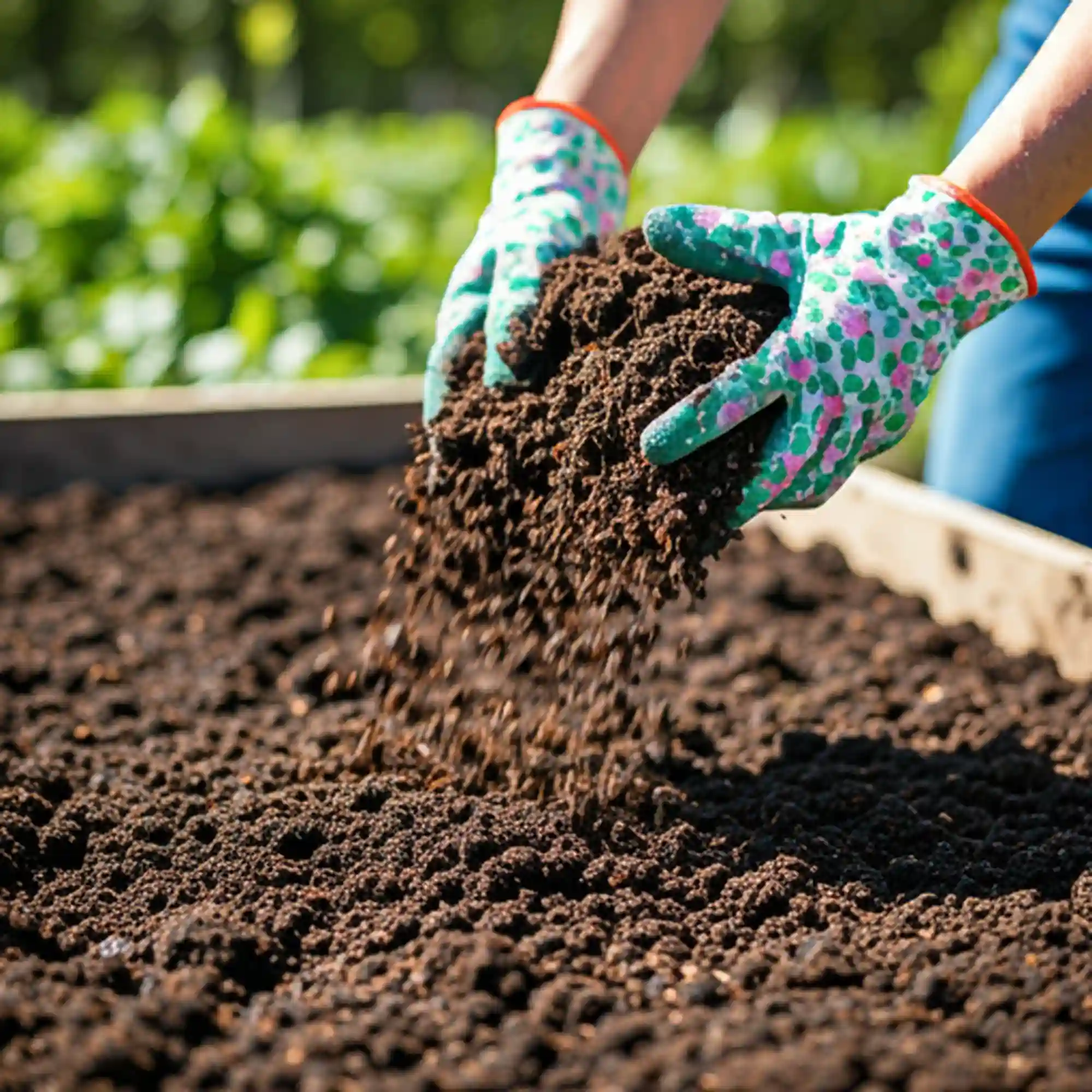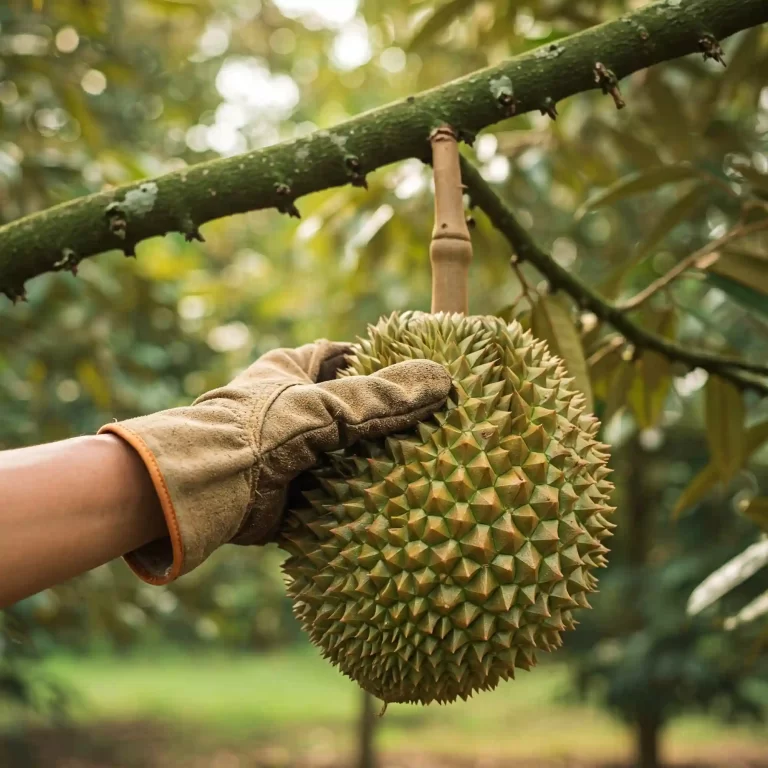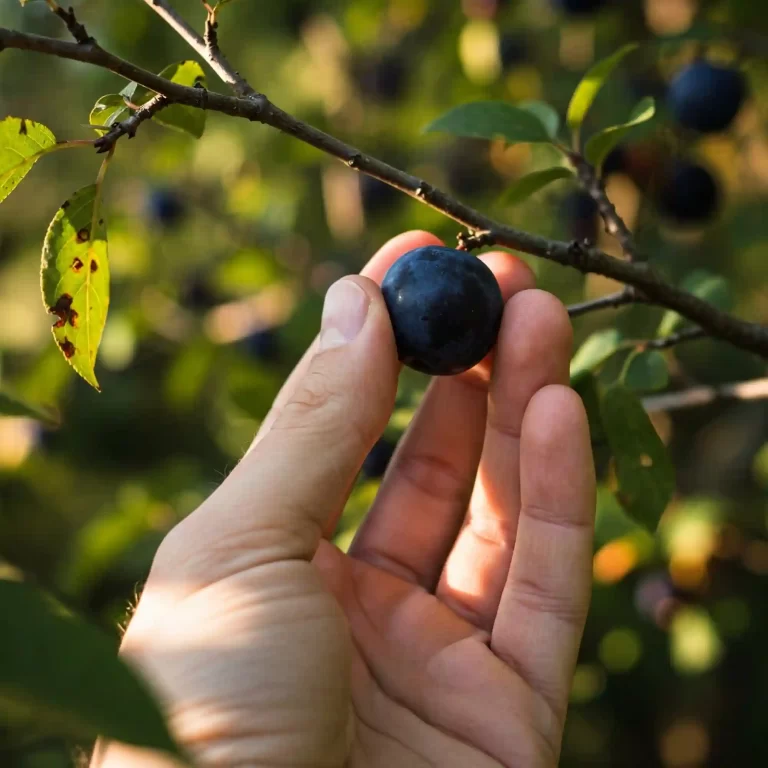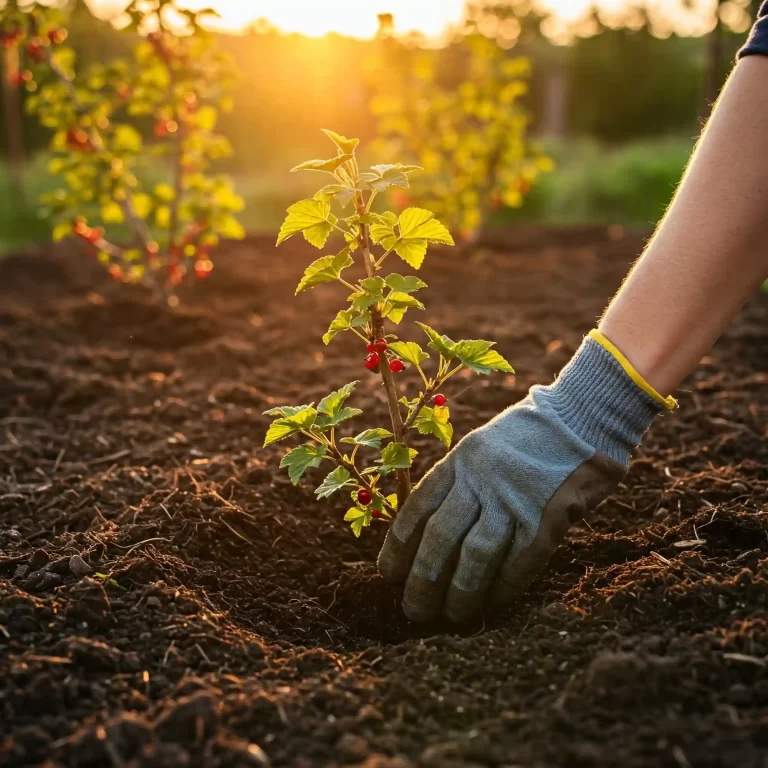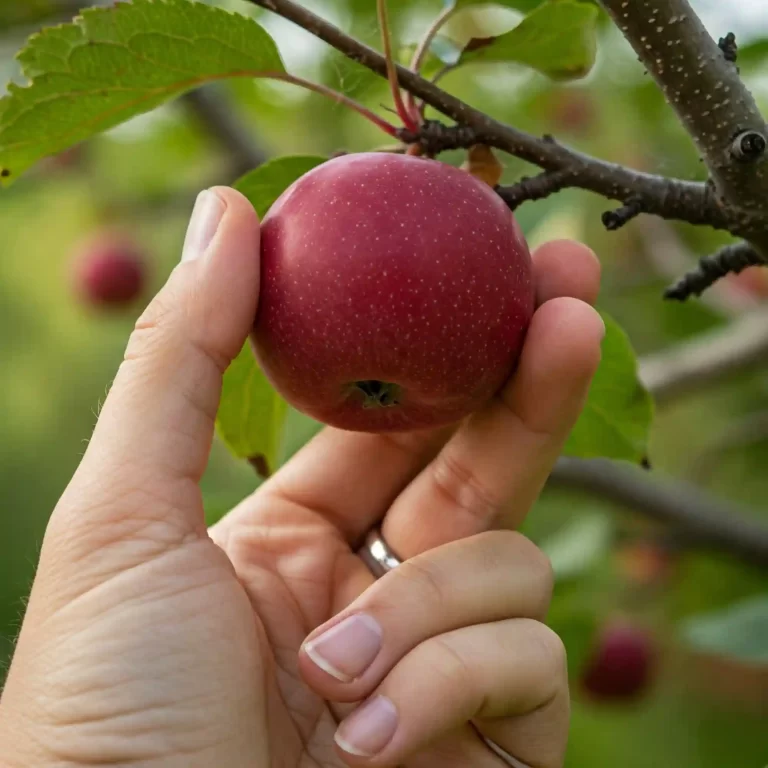Are you tired of struggling with lackluster plant growth and unhealthy soil? Investing in high-quality compost is the key to revitalizing your garden and achieving optimal results. This comprehensive guide will walk you through everything you need to know about buying compost, from understanding its benefits to selecting the perfect type for your specific needs.
Many gardeners are unaware of the importance of compost or struggle to find the right product. Poor-quality compost can hinder plant growth, lead to nutrient deficiencies, and contribute to soil erosion. By following the guidelines in this guide, you can confidently purchase compost that will transform your garden and yield healthier, more vibrant plants.
Understanding Compost
Compost is a valuable organic material created through the decomposition of plant and food waste. It serves as a natural fertilizer and soil amendment, offering numerous benefits for gardeners of all levels.
Benefits of Using Compost:
- Enhances soil structure: Improves soil aeration, drainage, and water retention.
- Increases nutrient content: Provides essential nutrients for plant growth.
- Promotes microbial activity: Encourages beneficial microorganisms that support healthy soil.
- Reduces the need for chemical fertilizers: Offers a natural and sustainable alternative.
- Improves plant health: Contributes to stronger, more resilient plants.
Types of Compost:
- Organic compost: Derived from a variety of organic materials, including kitchen scraps, yard waste, and leaves.
- Premium compost: A higher-quality product with a balanced nutrient profile and improved texture.
- Bulk compost: Sold in large quantities, often used for landscaping projects.
- Compost tea: A liquid solution created by steeping compost in water, providing a concentrated nutrient source.
- Worm castings: Excrement from earthworms, rich in nutrients and beneficial microorganisms.
Compost Quality:
When purchasing compost, it’s essential to consider the following factors:
- Nutrient content: Look for compost with a balanced ratio of nitrogen, phosphorus, and potassium (NPK).
- Moisture level: The compost should be moist but not overly wet or dry.
- Texture: The compost should have a crumbly and consistent texture.
- Odor: A pleasant, earthy smell is a good indicator of quality compost.
- Certification: Check for certifications like OMRI (Organic Materials Review Institute) to ensure the compost is organic.
Choosing the Right Compost for Your Needs
Selecting the appropriate compost for your specific gardening needs is crucial for maximizing its benefits. Consider the following factors:
- Garden type and size: Different types of gardens have varying compost requirements. For example, vegetable gardens may benefit from a compost rich in nitrogen, while flower beds may require a more balanced blend.
- Plant preferences: Some plants have specific nutrient needs. Research the ideal compost composition for your chosen plants.
- Soil conditions: Assess your soil’s health to determine if it requires additional nutrients or amendments. For example, acidic soil may benefit from a compost with a higher pH level.
Compost Recommendations for Different Garden Types
| Garden Type | Recommended Compost |
| Vegetable Garden | Nitrogen-rich compost |
| Flower Bed | Balanced compost with good aeration |
| Lawn | Compost with high organic matter content |
| Container Gardening | Premium potting mix with added compost |
Additional Considerations:
- Climate: Consider your local climate when choosing compost. Some types of compost may be more suitable for specific weather conditions.
- Personal preferences: Ultimately, the best compost for you is the one that you find easy to work with and that produces the desired results.
Where to Buy Compost
There are several options for purchasing compost, each with its own advantages and disadvantages.
- Local Garden Centers and Nurseries:
- Benefits:
- Wide variety of compost options
- Opportunity to receive expert advice
- Support local businesses
- Drawbacks:
- May have limited stock during peak seasons
- Potentially higher prices
- Benefits:
- Home Improvement Stores:
- Benefits:
- Convenient location
- Large selection of products
- Drawbacks:
- May prioritize quantity over quality
- Limited options for specialized compost types
- Benefits:
- Online Retailers:
- Benefits:
- Wide range of choices
- Convenient delivery options
- Potential for discounts and promotions
- Drawbacks:
- Shipping costs
- Limited ability to inspect the product before purchase
- Benefits:
- Compost Delivery Services:
- Benefits:
- Convenient delivery to your doorstep
- Bulk discounts
- Customized options
- Drawbacks:
- Additional costs for delivery and handling
- Limited availability in some areas
- Benefits:
Comparison of Different Purchase Options
| Purchase Option | Benefits | Drawbacks |
| Local Garden Centers | Variety, advice | Limited stock, higher prices |
| Home Improvement Stores | Convenience, selection | Quality, limited options |
| Online Retailers | Variety, delivery | Shipping costs, inspection |
| Compost Delivery Services | Convenience, bulk discounts | Additional costs, limited availability |
Cost Considerations
The cost of compost can vary significantly depending on several factors:
- Quality: Premium compost is generally more expensive than lower-quality options.
- Quantity: Buying compost in bulk can be more cost-effective than purchasing smaller quantities.
- Type: Specialized compost types, such as worm castings or compost tea, may have higher price tags.
- Location: Prices can vary depending on your geographic location and local market conditions.
Tips for Finding the Best Deals:
- Shop around: Compare prices at different retailers to find the best value.
- Look for sales and promotions: Many stores offer discounts on compost during certain times of the year.
- Consider buying in bulk: Purchasing larger quantities can lead to significant savings.
- Check for local compost initiatives: Some communities offer discounted or even free compost to residents.
Applying Compost
Once you’ve purchased your compost, it’s time to incorporate it into your garden. Here are some tips for proper application:
- Timing: The best time to apply compost is in the spring or fall when the soil is being prepared for planting.
- Preparation: Till or dig the soil to create a loose texture before adding compost.
- Application: Spread the compost evenly over the soil surface.
- Incorporation: Mix the compost into the soil to a depth of several inches.
Amount to Use:
The appropriate amount of compost to apply will depend on the specific needs of your garden and soil conditions. As a general guideline, aim for a rate of 2-4 inches of compost per square foot.
Combining Compost with Other Amendments:
For optimal results, you may want to combine compost with other soil amendments, such as:
- Fertilizer: Provide additional nutrients for plant growth.
- Lime: Adjust soil pH levels for plants that prefer acidic or alkaline conditions.
- Organic matter: Increase the organic content of your soil.
Maintaining Compost Quality
To ensure the effectiveness of your compost, it’s important to store and maintain it properly.
- Storage:
- Store compost in a dry, shaded area to prevent spoilage.
- Cover the compost pile to protect it from rain and excessive sunlight.
- Turn the compost regularly to promote aeration and decomposition.
- Testing:
- Periodically test your compost for nutrient content and pH levels to assess its quality.
- Use a soil testing kit or send a sample to a laboratory for analysis.
- Troubleshooting:
- Address common compost problems, such as:
- Mold: Turn the compost pile to improve aeration and reduce moisture.
- Pests: Introduce beneficial insects or nematodes to control pests.
- Unpleasant odors: Ensure the compost pile has a balanced carbon-to-nitrogen ratio and is aerated properly.
- Address common compost problems, such as:
DIY Composting
If you’re interested in creating your own compost, there are several methods to choose from.
- Compost Bins:
- A variety of bin designs are available, including open-air bins, enclosed bins, and tumbler bins.
- Consider factors such as size, ease of use, and aesthetics when selecting a compost bin.
- Compost Piles:
- A simple and low-cost option that requires minimal setup.
- Requires regular turning and maintenance to prevent odors and pests.
- Worm Composting:
- A popular method that uses earthworms to decompose organic waste.
- Produces a nutrient-rich material known as worm castings.
Collecting and Preparing Compost Materials:
- Gather a diverse range of organic materials, such as:
- Kitchen scraps (vegetable and fruit peels, coffee grounds, tea bags)
- Yard waste (leaves, grass clippings, small branches)
- Cardboard and newspaper
- Eggshells
- Wood chips
- Shred or chop materials to accelerate decomposition.
- Maintain a balanced carbon-to-nitrogen ratio by mixing materials like dry leaves with green waste.
Maintaining a Healthy Compost Pile:
- Turn the pile regularly to promote aeration and decomposition.
- Keep the pile moist but not soggy.
- Avoid adding excessive amounts of meat or dairy products as they can attract pests and slow down decomposition.
Conclusion
By understanding the benefits of compost and following the guidelines outlined in this guide, you can confidently select and use compost to enhance your gardening efforts.
Key Takeaways:
- Compost is a valuable organic amendment that improves soil health and plant growth.
- The type of compost you choose should be tailored to your specific gardening needs.
- Consider factors such as quality, price, and convenience when purchasing compost.
- Proper application and maintenance are essential for maximizing the benefits of compost.
Start incorporating compost into your gardening routine today and experience the positive impact it can have on your plants and the environment.
By following the advice in this guide, you’ll be well-equipped to make informed decisions about buying and using compost for a thriving garden.
